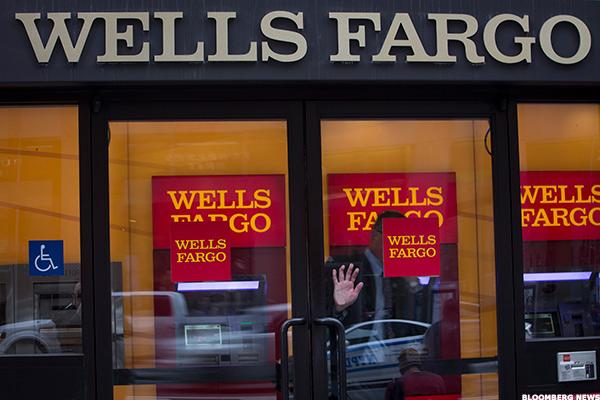The House Financial Services Committee claims the Consumer Finance Protection Bureau (CFPB) failed to properly investigate Wells Fargo in its fraud case.

The CFPB fined Wells Fargo Bank $100 million on Sept. 8 for the illegal practice of secretly opening unauthorized deposit and credit card accounts. Spurred by sales targets and compensation incentives, employees boosted sales figures by covertly opening accounts and funding them by transferring funds from consumers’ authorized accounts without their knowledge or consent, often racking up fees or other charges.
Employees opened more than two million deposit and credit card accounts that may not have been authorized by consumers. Wells Fargo will pay full restitution to all victims and a $100 million fine to the CFPB’s Civil Penalty Fund. The bank will also pay an additional $35 million penalty to the Office of the Comptroller of the Currency, and another $50 million to the City and County of Los Angeles.
“Wells Fargo employees secretly opened unauthorized accounts to hit sales targets and receive bonuses,” CFPB Director Richard Cordray. “Because of the severity of these violations, Wells Fargo is paying the largest penalty the CFPB has ever imposed. Today’s action should serve notice to the entire industry that financial incentive programs, if not monitored carefully, carry serious risks that can have serious legal consequences.”
In its own investigation, the House Financial Services Committee said an internal CFPB “Recommendation Memorandum” for the director – improperly withheld from the committee for over a year – reveals the bureau failed to fully and adequately investigate Wells Fargo. Instead, the bureau rushed to settle with Wells Fargo for less than one percent of the Bureau’s own estimate of the bank’s statutory civil monetary penalty.
The memorandum shows that the CFPB estimated that the bank was potentially liable for a statutory monetary penalty exceeding $10 billion. This penalty could potentially be increased further, CFPB enforcement attorneys noted, if CFPB determined whether the fraudulent behavior was reckless or knowing, as opposed to negligent, or if the CFPB discovered additional fraudulent behavior not yet reported or violations of other statutes.
Instead, the CFPB approved a settlement with Wells Fargo bank for $100 million.
The committee said information in the memorandum also calls into question the accuracy of Cordray’s testimony before Congress and his claims that the bureau had conducted an “independent and comprehensive investigation.”
“The CFPB’s handling of this matter and its refusal to fully comply with the Congressional subpoena are a slap in the face to millions of Americans who were harmed by Wells Fargo and further evidence of the CFPB’s unaccountable structure and leadership,” Rep. Jeb Hensarling (R-TX), chairman of the committee, said. “The premature suspension of its investigation means that the CFPB also potentially lost the opportunity to discover recently revealed instances of further consumer harm.”
Rep. Ann Wagner (R-MO) said this shows that the CFPB lacks accountability and oversight.
“While everyday Americans suffered at the hands of Wells Fargo, Director Cordray evaded the truth before Congress and the CFPB settled for pennies on the dollar after being caught asleep at the wheel,” Wagner said.